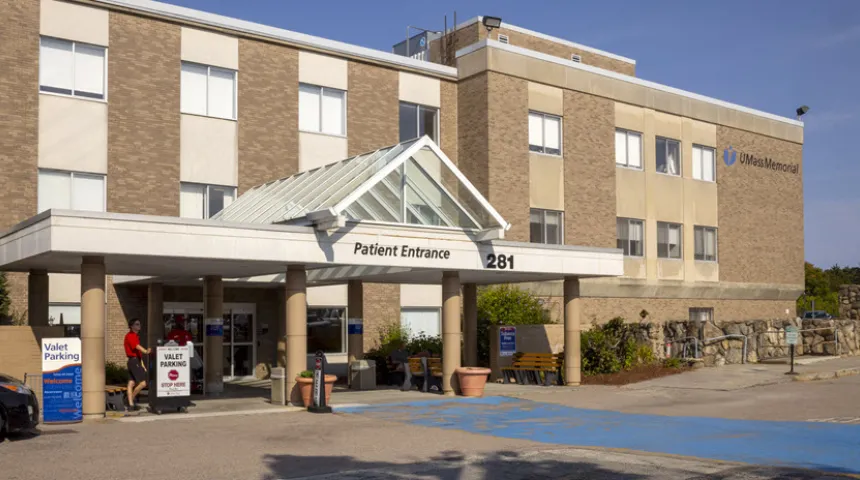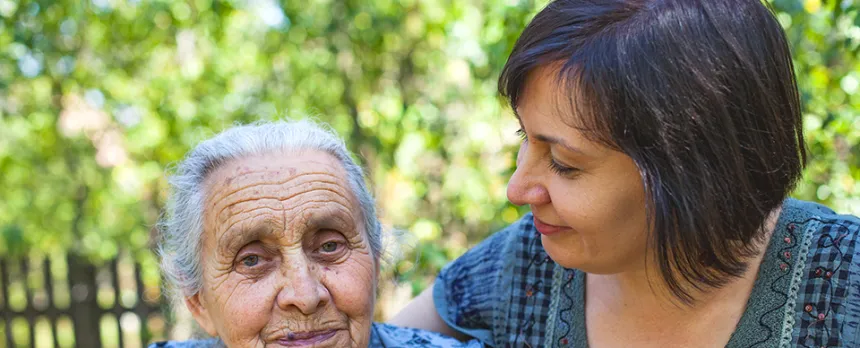Geriatric Medicine
Our geriatricians deliver comprehensive and compassionate care addressing the unique health needs of older adults.
Geriatric Medicine for Older Adults: Why Choose Us?
Compassion
Geriatric medicine providers are kind, caring and take extra time to help you have an outstanding experience. Even if you’re having trouble describing your symptoms, we get to the bottom of it so you can feel better. We ask thoughtful questions to uncover issues contributing to health concerns. Geriatricians clearly explain your treatment options, so you can understand the next steps and feel confident in your decisions.
Holistic Care
All the providers you need are available within the UMass Memorial provider network. Our extended team includes dietitians, pharmacists, speech pathologists, psychologists, hearing specialists and more. We communicate regularly, so we can deliver care that meets your preferences. Your team adjusts your care plan as your medical needs change.
Convenience
Geriatricians are available throughout Central Massachusetts. We pride ourselves on making life a little easier for older adults. We work with other providers as necessary to manage the details so you can focus on feeling your best. Some services may be available through virtual visits so you don’t have to travel as often for the care you need.
Our Geriatric Medicine Locations

UMass Memorial Medical Center - University Campus
55 Lake Avenue North,
Worcester, MA 01655

UMass Memorial Medical Center - Hahnemann Campus
281 Lincoln Street,
Worcester, MA 01605

UMass Memorial Medical Group - Lincoln Street Geriatrics
291 Lincoln Street,
Worcester, MA 01605
Get Started
Call 855-UMASS-MD (855-862-7763) or You can also book an appointment online with select providers.

